In May of this year, a Supreme Court bench criticized the BJP-led Central government for changing its stance on a politically sensitive request to identify religious minorities at the state level, as established in the significant 2002 ‘TMA Pai case’ ruling, and for granting minority status to Hindus in states where they are outnumbered by others according to the 2011 census. However, on Monday, another bench of the Supreme Court dismissed a similar petition from a different petitioner, stating that there was no valid case.
Justice S Ravindra Bhat, part of the two-judge bench chaired by Justice U U Lalit, told Advocate Ashwini Kumar Upadhyay, representing petitioner Devkinandan Thakur Ji, a spiritual leader, “The issue is that you are trying to manufacture a case where none exists.” The bench later agreed to combine Thakur’s petition, which challenges the constitutionality of the National Commission for Minorities Act-1992 and seeks to define ‘minority,’ with a petition by Upadhyay that raises similar concerns.
While Justice S K Kaul’s bench had already scheduled a hearing for Upadhyay’s 2020 petition on August 30, the bench led by Justice Lalit directed that Thakur’s new petition, filed in June 2022, be listed alongside Upadhyay’s petition and other related matters in the first week of September 2022 before the appropriate court.
During the hearing of Thakur’s plea, Justice Lalit acknowledged, “In theory, you are correct. Hindus may be a minority in states like Kashmir, Mizoram, Nagaland, or even Kerala.” Justice Bhat added, “The Supreme Court has addressed this issue as state-specific. If that is the law, why do we need clarification? In cases where minority groups are excluded from programs or not recognized as minorities for educational purposes, they have the option to approach the court.”
Upadhyay, also representing Thakur, pointed out that the TMA Pai ruling stated that religious and linguistic minorities must be identified at the state level for Article 30, which deals with minority rights to establish educational institutions, but this was not being implemented.
Justice Bhat responded, “The issue is that you are trying to manufacture a case where none exists. Who will do the identification? It cannot be done in a general manner… When discussing minorities, there are all-India minorities, such as Konkani speakers or other small language populations. Declaring everyone everywhere is not the court’s responsibility.”
He further mentioned the need for a case-by-case approach and referred to examples where minority status may vary based on location. The court emphasized the importance of providing specific examples to consider the issue further.
In January, Justice Kaul’s bench had reprimanded the central government for delays in the case and imposed a fine for failing to file a response. The government’s subsequent counter affidavit in March and May showed a change in stance regarding the responsibility for granting minority status to Hindus.
The bench expressed displeasure over the shifting positions and emphasized the need for clarity from the Union of India on their intentions. The hearing was scheduled for August 30, allowing more time for discussions with state governments and stakeholders.
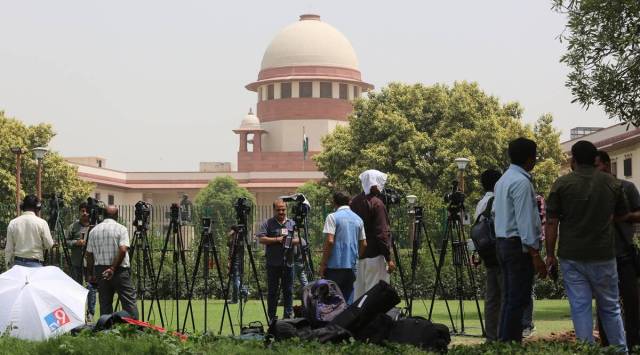
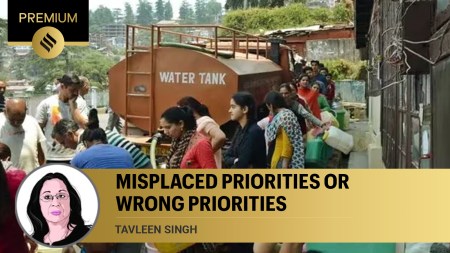

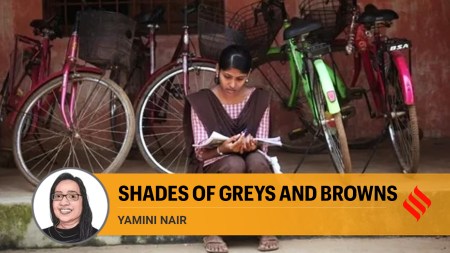

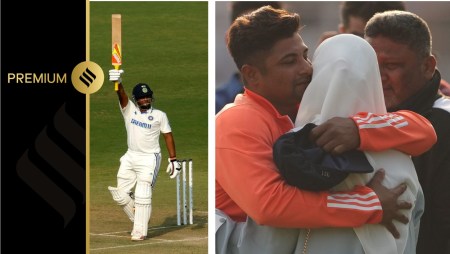

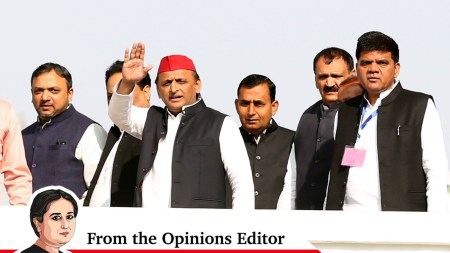


![]()

